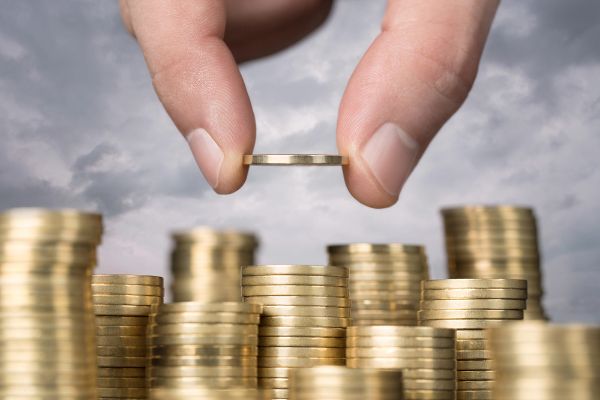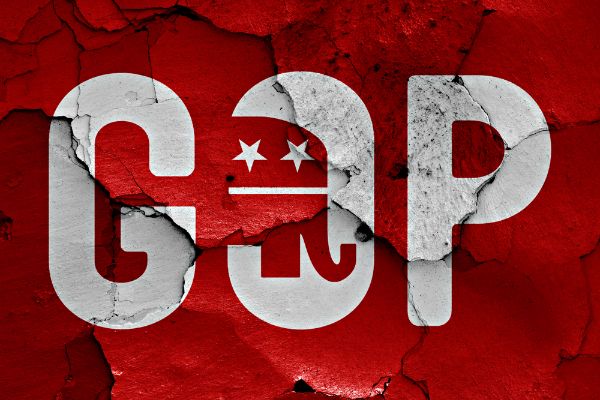But here’s why you should rest easy.
Nobody knows exactly how coronavirus will change the economy — whether over the next couple of months or over the long term. What we do know is that the number of COVID-19 diagnoses continues to rise, and is now twice what it was when it peaked this past April.
Some states are responding by ordering new lockdowns while some are demanding people wear masks to contain the virus.
The situation is creating a lot of chaos for businesses. Restaurant chains, for example, face different restrictions in each state, which makes it harder to operate. Companies in the entertainment, travel, and retail sectors are dealing with similar issues.
Yet regardless of the terrible news, the market has been surviving — maybe even downright thriving. However, soon that’s going to change. An economic crash could be around the corner. But it won’t be the complete disaster you may believe.

The market will go down
The market hit a free-fall earlier this year in February and March, but turned around thanks to anticipation of an economic recovery. This optimism has continued among investors despite coronavirus being worse than ever.
Nationwide business closures increase the chances that the economy will falter again. But the one factor that could guarantee a bear market will happen is the government allowing unemployment to expire.
Thanks to the CARES Act, workers are now collecting an extra $600 per week in addition the the usual unemployment benefits. That figure was selected by Congress with the aim of keeping the average person’s income equal to their previous ‘working income’. But for many, it means they’re earning more in unemployment than they made from working.
That is being taken away this July — and politicians have not discussed the idea of extending it. When this change happens, millions of Americans will go through a major income drop, and many won’t have the money to pay their expenses. That could have a disastrous chain-reaction effect across the entire economy and cause more business to fail and more people to not pay their rent. It will also be terrible for any business that relies on consumer spending, especially the restaurant business which is already suffering.
This is while more than 10% of Americans continue to be unemployed — which is worse than the Great Recession — and that data may soon get worse. By removing the $600 a week payment away, D.C. may set off an economic chain reaction that leads to a stock market crash.
Relax and invest
The latest stock rally was shockingly quick, likely due to the special circumstances that triggered the bear market in the first place.
Historically, the market takes more time to recover from such downturns. But after a while, it always returns to new highs. If it goes down as a result of coronavirus, no one knows what will happen.
There could be a double rebound as a result of optimism, the discovery of new treatment options, or the public acceptance of a perfected coronavirus vaccine. But it’s also possible those things won’t happen, and stock prices will be down for a much longer time.
But what we do understand is that the historic pattern is that recessions are followed by larger upturns.
Because of this, during a recession, you should take the time to re-think each company in your portfolio. If you still feel your investment is still wise, then a downturn is the perfect time to add to your positions. For example, ask yourself has anything changed for this company in the long term. If the answer is so, then definitely hold and maybe even buy more.






Comments are closed.